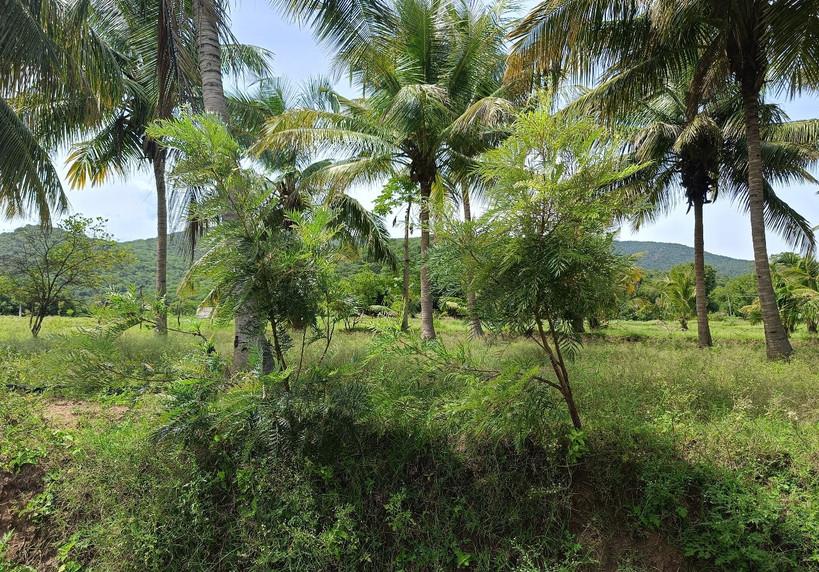
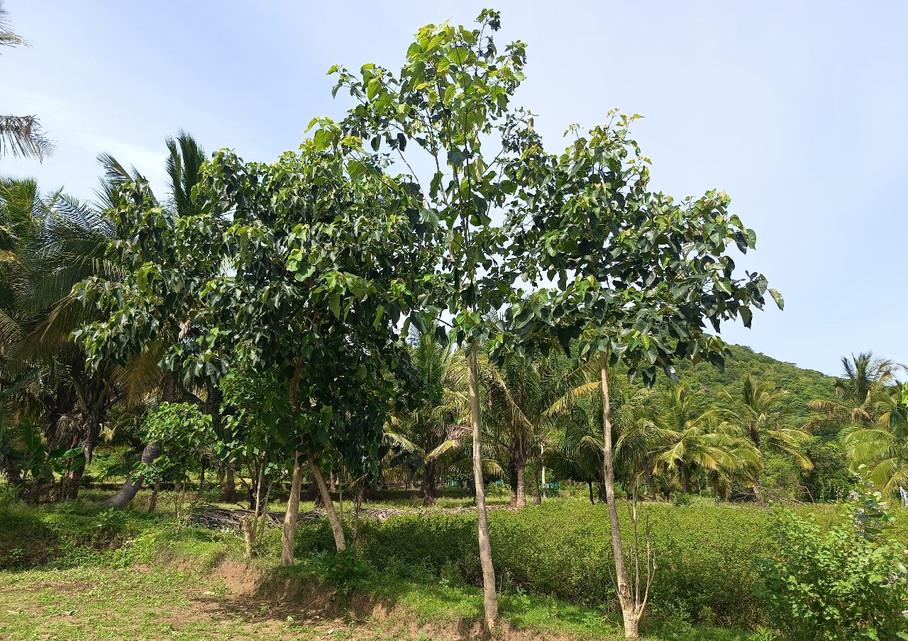
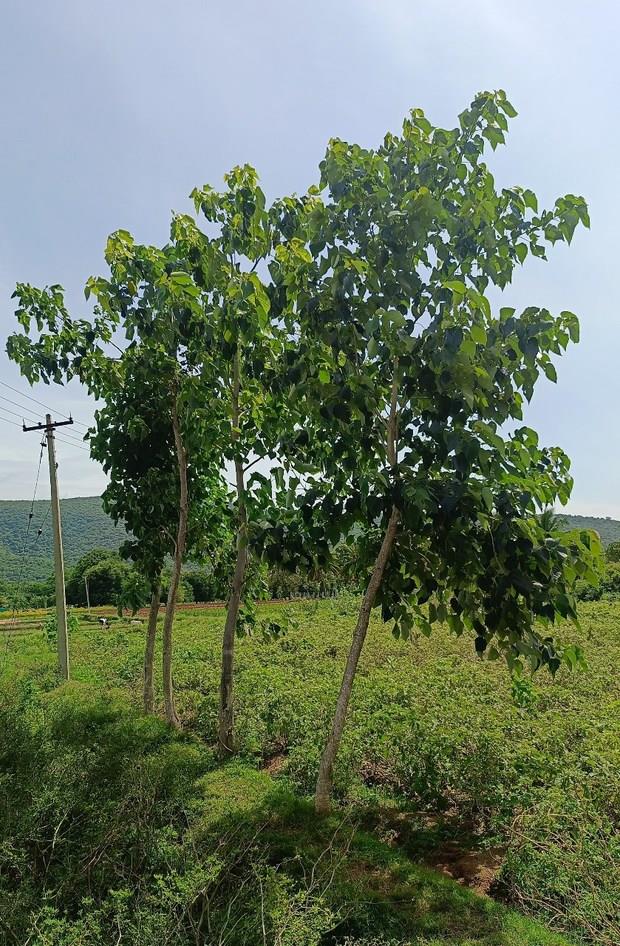
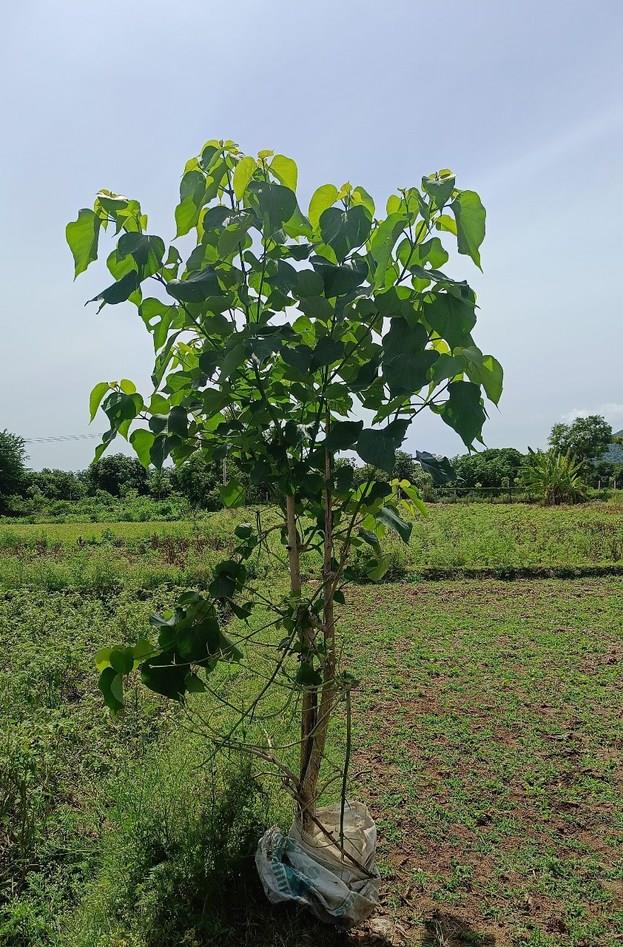
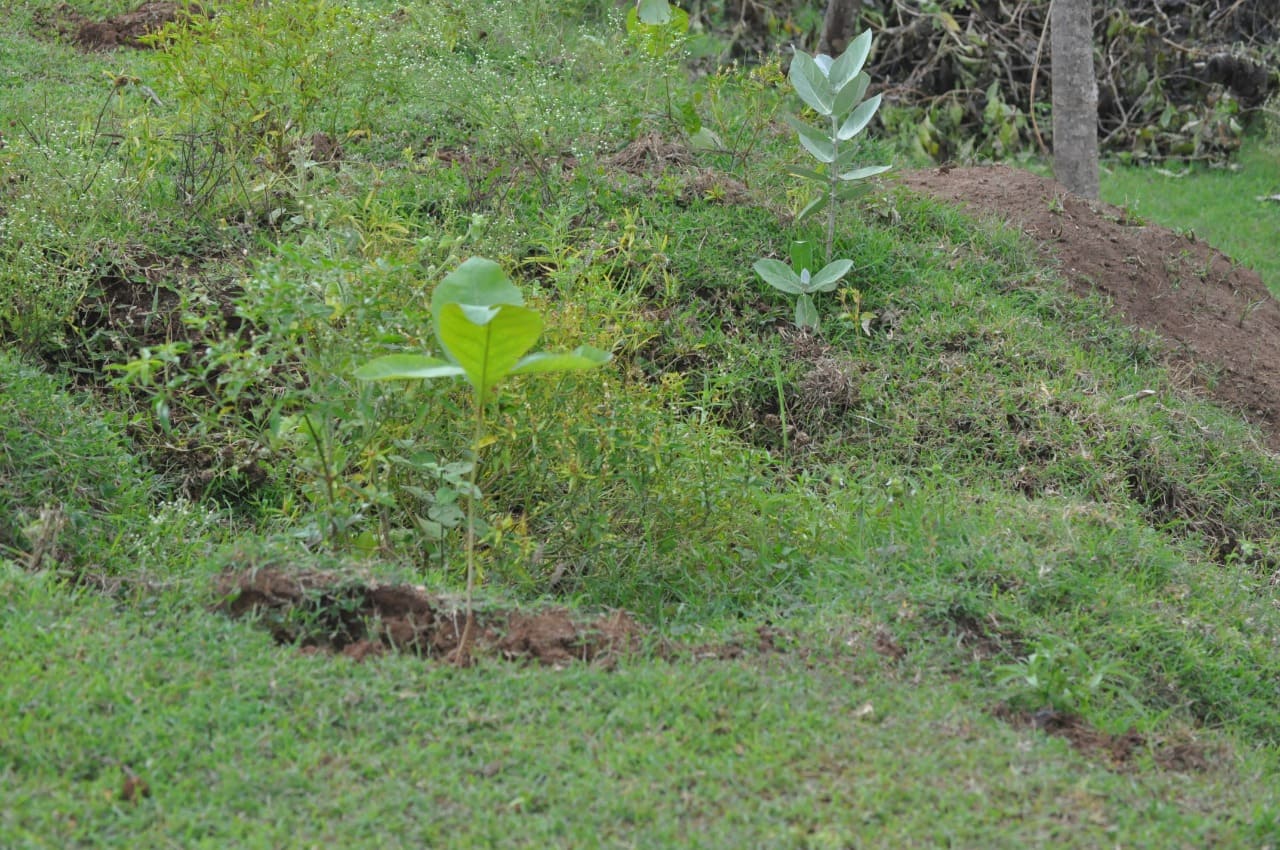

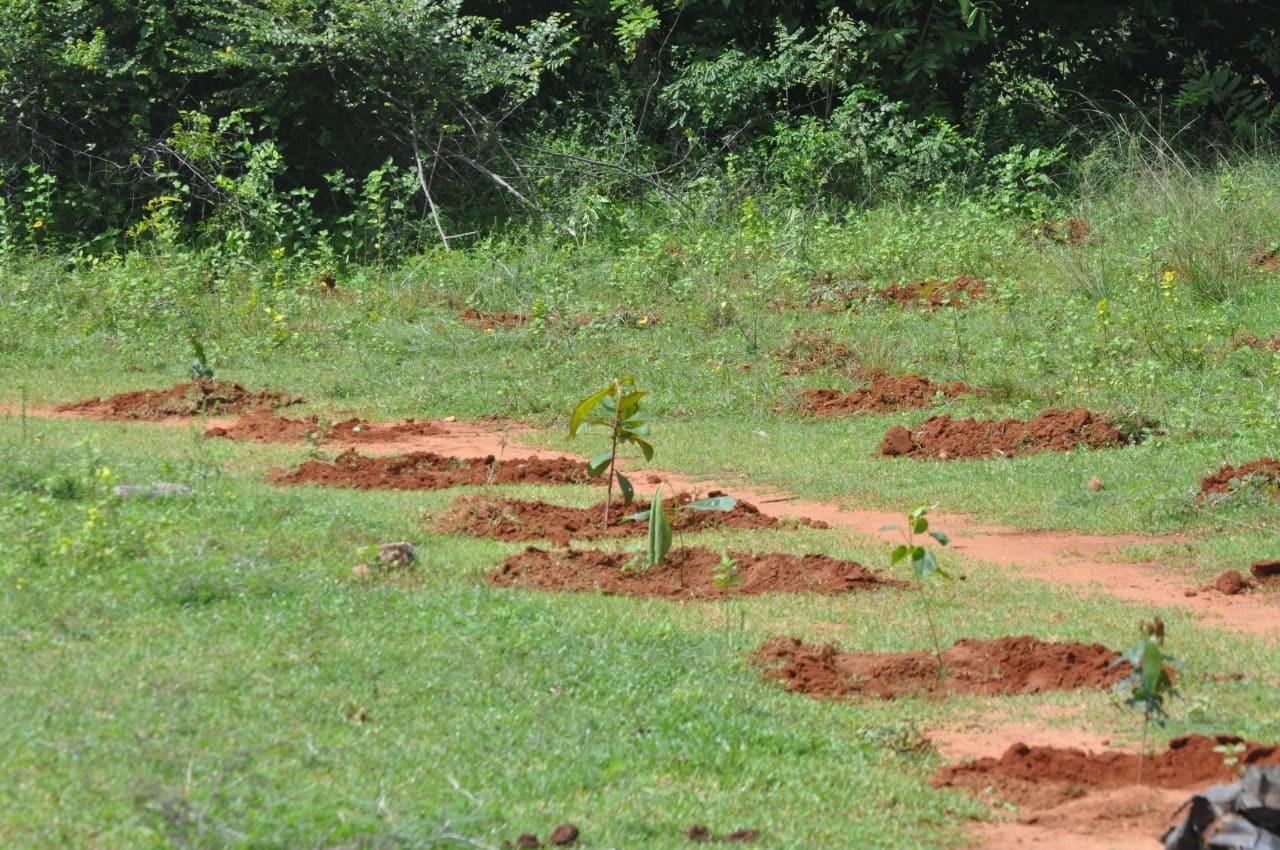


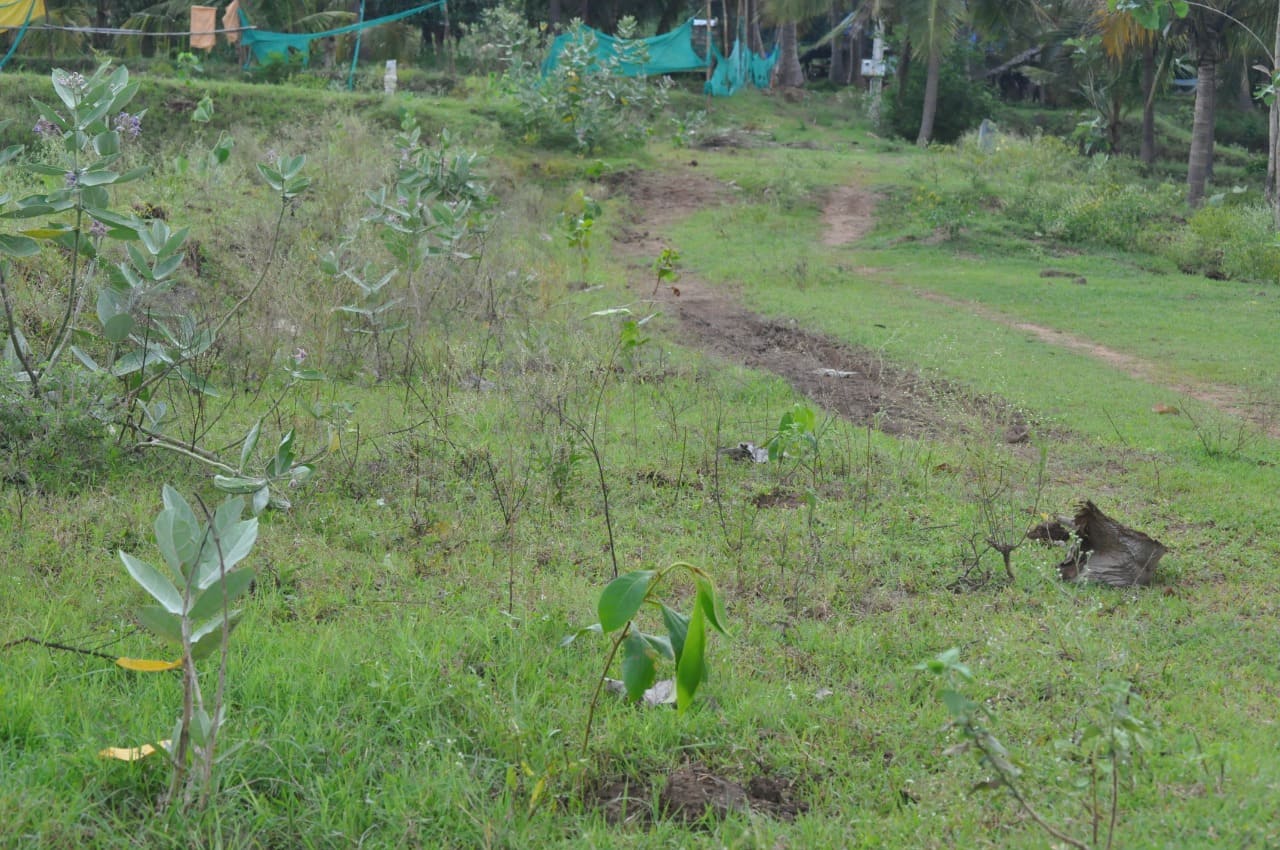
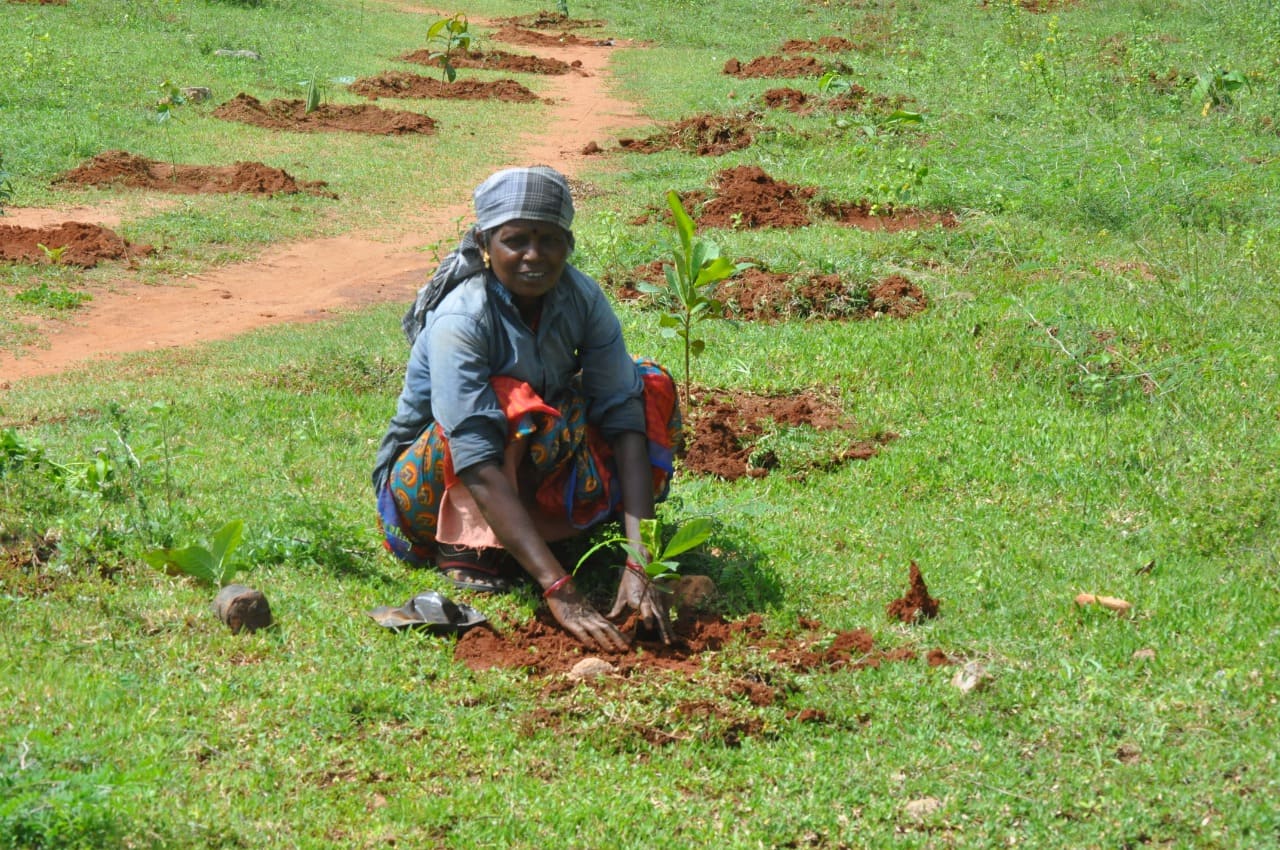
Project Target
0% Remaining
50,000
Trees Planted out of 50,000 Trees

Project Location:
The plantation project is implemented in Kudagipatti Gram Panchayat, Dindigul district in Tamil Nadu, India.
Project Aim
Slender loris inhabits tropical rain forest, open woodland, swampy coastal forest, semi-deciduous forest, scrub forest, Casuarina groves and bamboo clumps. Being arboreal, they spend most of their life on trees. Though their movement is slow, they can climb up fast to the tree-top when frightened. They are known to be very social at dawn and dusk, interacting with others of their own. Insects are the pet food of Slender loris, however, they are also known to eat leaves, berries of Lantana bushes, flowers, slugs, small birds, tree frogs and sometimes eggs of birds. They either hunt on their own or in pairs. Among the strange habits they have is the urine washing of their face and limbs, which is thought to soothe or defend against the sting of toxic insects they prefer to eat. With the coming of dusk, it wakes to hunt for its food. (Dr. Arvind Singh, Save the Slender Loris before it's Gone Extinct). Our on-ground planting partner Seeds Trust's approach is to support livelihood and conservation both simultaneously, without one affecting the other.
Habitat destruction is a threat to the survival of Slender loris. Forests are being destroyed for various reasons, including conversion for agriculture and demand for fuel. Replacement of local species with exotic tree species like Eucalyptus has also led to a massive decline in the population of Slender loris since such plant species are not suitable to sustain indigenous animal species and their needs. It has been reported that environmental stress is also affecting their birth rates. The infants die early.
The Gray Slender Loris is commonly found in the tropical scrub and deciduous forests as well as the dense hedgerow plantations bordering farmlands of Southern India. The Slender Loris, commonly called Thevangu in Tamil, is a small, nocturnal and arboreal primate. They spend most of their life on trees -- feeding on leaves, flowers, insects and sometimes eggs of birds. The Gray Slender Loris are social creatures and depend on the continued canopy of the forests to move around, which if broken leads to isolation of sections of the population (WWF-India). These animals face a threat from poachers due to the misplaced belief that these animals have magical and medicinal powers. In recent years, due to unchecked tree-felling, their habitat is shrinking. There is a huge stress on their food, shelter and security against predators.
Kumil(Gmelina arborea), Pungam(Pongamia pinnata), Teak(Tectona grandis), Naval(Syzygium cumini), JackFruit(Artocarpus heterophyllus), Pomogranate(Punica granatum), Guava(Psidium guajava)
The Lorises help farmers by preying on farm pests such as grasshoppers and scorpions thereby protecting their crop. They are listed under Schedule I of the Wildlife (Protection) Act of India, 1972, according them the highest level of legal protection. Hunting, along with the destruction of their habitat, is a major threat to the Slender Loris. Through this project, we hope to sensitize the villagers to the plight and utility of the Slender Loris. The plantation of native tree species will also provide the local communities with alternative modes of forest-based livelihood opportunities to prevent them from continuing this unsustainable practice, besides creating workdays of jobs in the nursery and planting activities; the trees will additionally provide fruit, flower, fodder, biomass to villagers, shelter to birds and animals, improve water catchment, generate oxygen, reduce pollution, absorb carbon dioxide and fight climate change.
| Name of the Company | Number of Trees Adopted | Year |
|---|---|---|
| Tree-Nation | 50,000 | FY 2021-22 |
Social Impact of Growing Trees
Community Engagement
Tree planting initiatives often involve local communities, which can lead to greater community cohesion.
Ecological Education
Provides opportunities for community members, especially children, about the importance of environmental sustainability.
Urban Beautification
Trees contribute to the aesthetic enhancement of urban areas, making cities more pleasant and liveable.
Climate Resilience
By improving green cover, tree planting helps make communities more resilient against climate impacts like heatwaves.
Employment Creation
Planting trees creates employment for local community members like planting and maintenance, administrative roles, and more long-term jobs in management.
Wildlife Habitat
Trees provide critical habitats for various species of wildlife. Enhancing tree cover helps preserve biodiversity, which can be an ecological boon for local communities
Copyrights @ 2025 All rights reserved by Pangea EcoNetAssets Pvt Ltd.